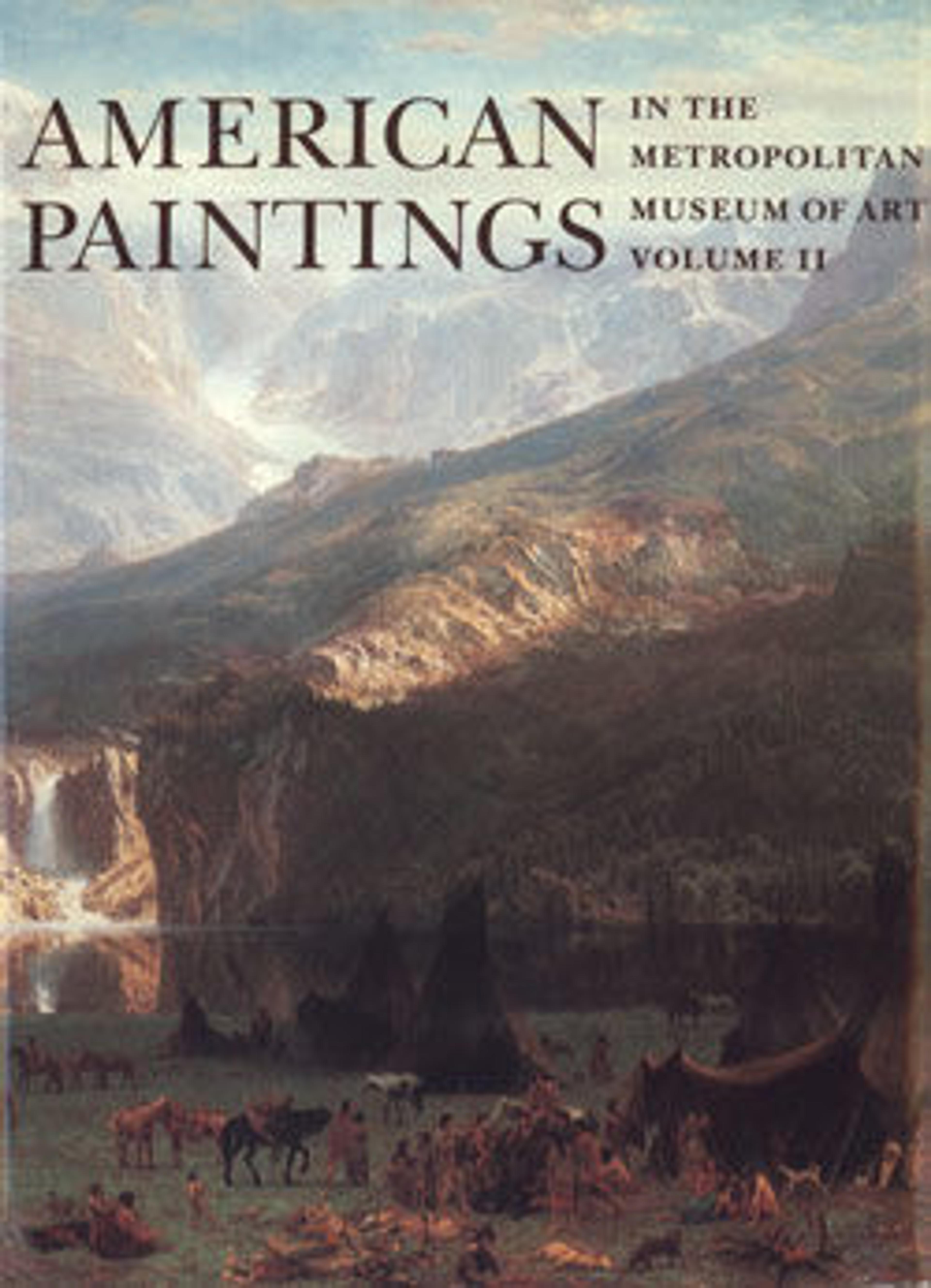The Lost Mind
Painted shortly after Vedder completed the first version of "The Lair of the Sea Serpent" (1864, Museum of Fine Arts, Boston), this canvas combines the artist's experience of Italian plein-air painting with his developing visionary style. Vedder spent the years from 1857 to 1860 in northern Italy, where he worked in the company of the Macchiaioli, or "spot" painters. The influence of their distinctive approach to landscape paintings is apparent here in the broad rendering of the background as a series of flat, subtly related patches of color. Vedder had painted the same striking Tuscan terrain-which was known as the Balze, or Badlands, of Volterra-in Italy in 1860. The lone woman in the landscape remains an enigma, although she may relate to contemporary Pre-Raphaelite depictions of solitary, meditative figures. Her costume, however, is recognizably similar to that of monks in several of Vedder's Italian works. The peculiarity of the heavily clad figure led the artist's friends, who included Homer Dodge Martin, to christen to painting "The Idiot in the Bath Towel."
Artwork Details
- Title: The Lost Mind
- Artist: Elihu Vedder (American, New York 1836–1923 Rome)
- Date: 1864–65
- Culture: American
- Medium: Oil on canvas
- Dimensions: 39 1/8 x 23 1/4 in. (99.4 x 59.1 cm)
- Credit Line: Bequest of Helen L. Bullard, in memory of Laura Curtis Bullard, 1921
- Object Number: 21.132.1
- Curatorial Department: The American Wing
More Artwork
Research Resources
The Met provides unparalleled resources for research and welcomes an international community of students and scholars. The Met's Open Access API is where creators and researchers can connect to the The Met collection. Open Access data and public domain images are available for unrestricted commercial and noncommercial use without permission or fee.
To request images under copyright and other restrictions, please use this Image Request form.
Feedback
We continue to research and examine historical and cultural context for objects in The Met collection. If you have comments or questions about this object record, please contact us using the form below. The Museum looks forward to receiving your comments.
